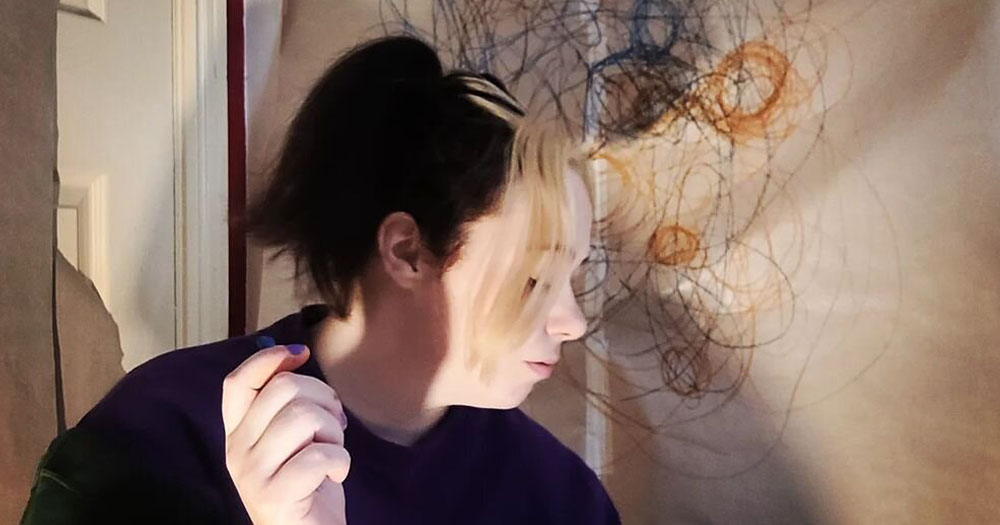Disabilities like autism are often spoken about in negative ways. People outside of our community research cures on our behalf; develop therapies to make us less autistic; and use language about us that we don’t use for ourselves.
The thing is; we don’t need a cure, we don’t need support in being less autistic, and disability is not a bad word.
I’m a proud queer autistic woman. However, my journey to realising I was autistic was long, and it wasn’t until I was 28 that I received my diagnosis.
For most of my life, I knew there was something different about me. I didn’t always know the most socially appropriate way to act or talk. I struggled with making and keeping friends. I sometimes said the wrong thing, or nothing at all, and I had strong feelings about the way car seatbelts felt on my neck.
Being autistic, however, isn’t a bad thing. You might hear some people say that autism isn’t a disability and that it’s a different ability or a different way of being in the world. Yes, autism is a difference and we should celebrate that, but we also need to remember that autism is a disability.
Being disabled isn’t about me; it’s about the way our society is structured. For as long as we live in a society which is designed exclusively for neurotypical people, autism will remain a disability.
View this post on Instagram
In between all of this, I also came out as a lesbian. Although I lived in very rural Roscommon with not much community or representation of LGBTQI+ people, I had a very supportive family and I was able to accept my sexuality with ease.
I soon moved to Dublin, where I was able to feel more comfortable blending into city life. Whilst I was able to find lots of community in Dublin, because of my undiagnosed autism, it was still difficult to be able to develop a sense of community and friendships within the queer community. For some reason, I still felt like an outsider.
However, I think being autistic supported me to accept my sexuality easier. Social rules and expectations mean less to me than they do to neurotypical people.
The way society has looked at autistic people and queer people are much more linked than you would think. Conversion therapies were once very common for gay people and still exist in some parts of the world. The harm that conversion therapies cause our community is well known.
Less well known are the therapies that exist for Autistic people and the impact they have on us.
Applied behaviour therapy is often used on autistic children, and it was designed by the same psychologist who designed gay conversion therapy. ABA is a reward-based therapy that rewards neurotypical behaviour and tries to reduce autistic behaviours; essentially a conversion therapy for Autistic people.
View this post on Instagram
Part of being a proud queer autistic adult lies in the speaking out against these types of therapies that cause harm to my communities. Neither autistic nor queer people need to change in order to be accepted by our society.
I am a proud queer autistic person. Car seat belts still make me squirm. I don’t always follow social cues – but that is okay.
If you have been affected by this story or are looking to reach out to someone for support or advice or just to talk, there are numerous services available for autistic people, listed below.
© 2022 GCN (Gay Community News). All rights reserved.
Support GCN
GCN is a free, vital resource for Ireland’s LGBTQ+ community since 1988.
GCN is a trading name of National LGBT Federation CLG, a registered charity - Charity Number: 20034580.
GCN relies on the generous support of the community and allies to sustain the crucial work that we do. Producing GCN is costly, and, in an industry which has been hugely impacted by rising costs, we need your support to help sustain and grow this vital resource.
Supporting GCN for as little as €1.99 per month will help us continue our work as Ireland’s free, independent LGBTQ+ media.
